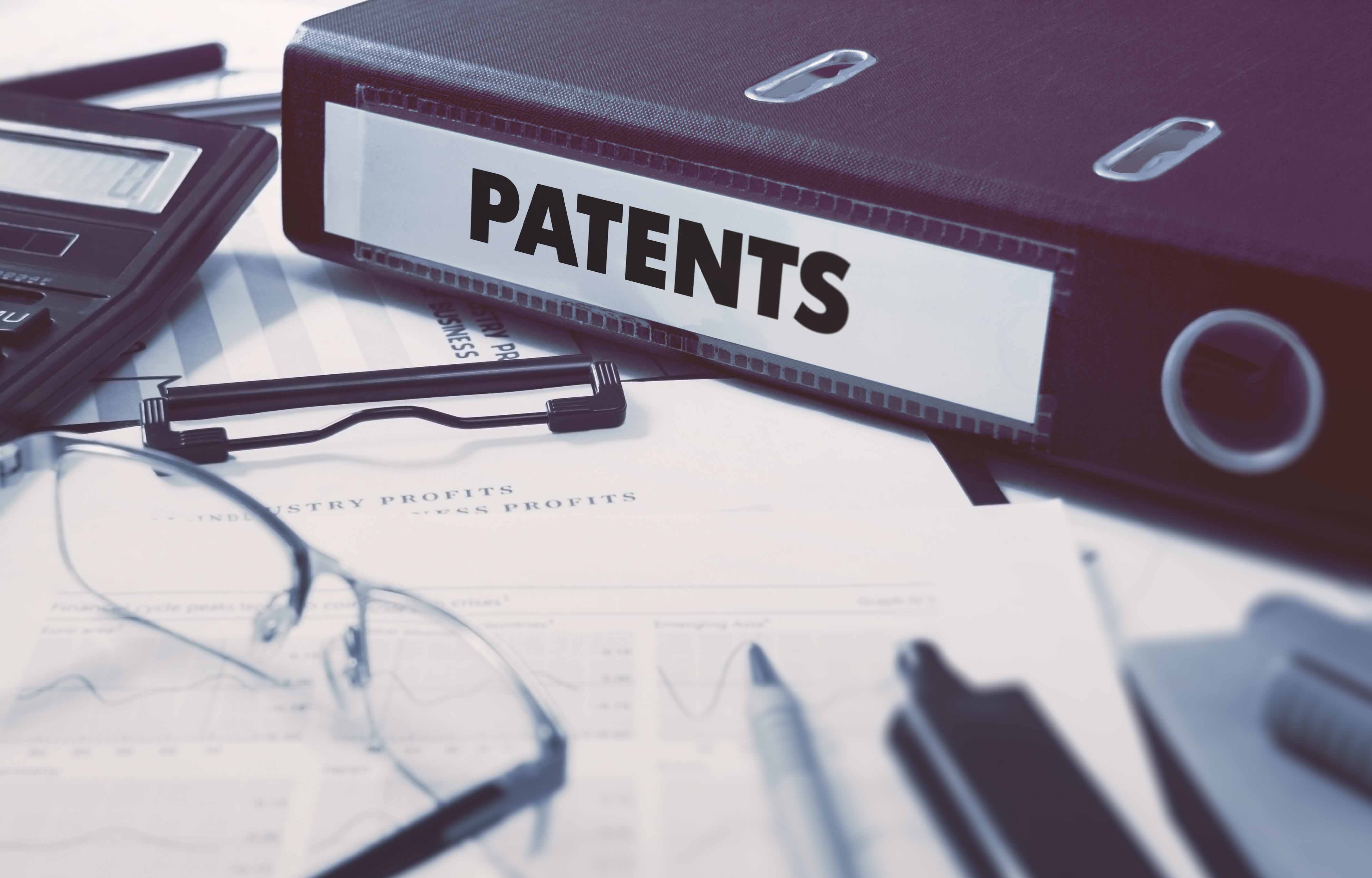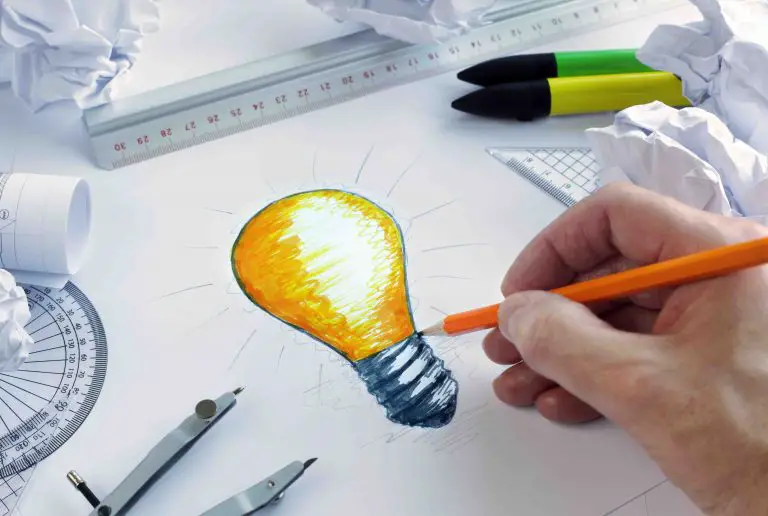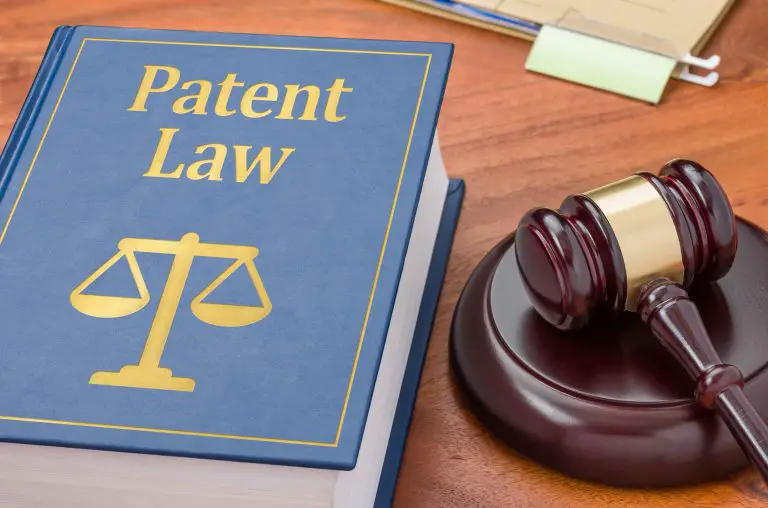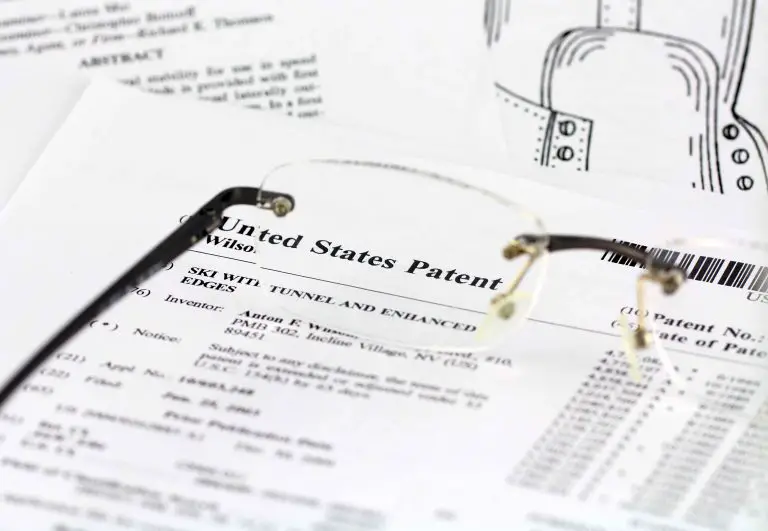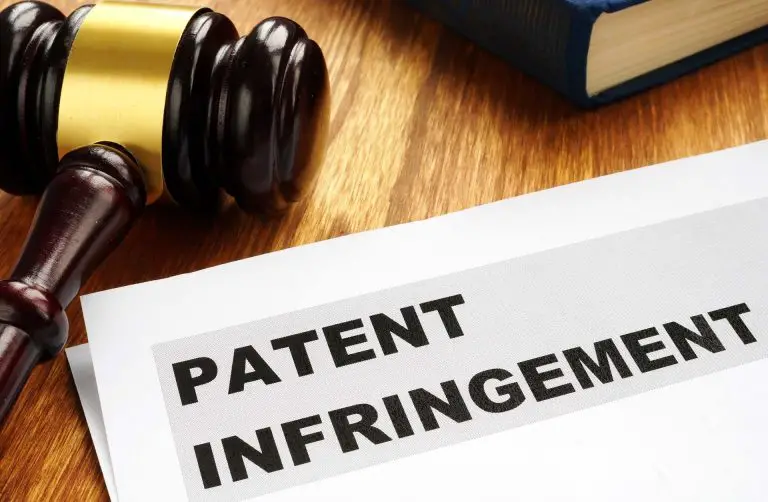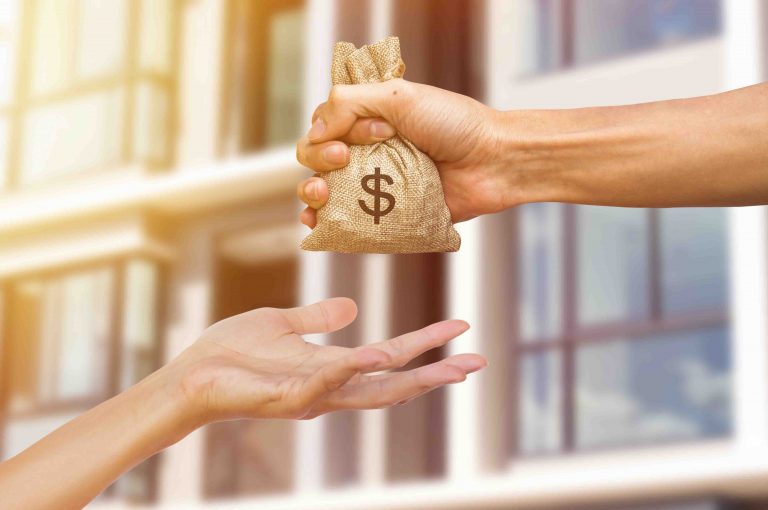Why Do People Get Patents?
Patents are a type of intellectual property rights that grant inventors a monopoly over their invention for a limited period of time (usually 20 years). Once an inventor patents their invention, they can restrict others from making, using, selling, or importing their invention without their express permission.
So, why do people get patents?
People get patents to protect their intellectual property. Patents allow the holder to exclusively make, use, and sell his invention for a limited period of 20 years from the patent’s filing date. Being able to exclusively make and sell an invention often allows inventors to make good profits for a limited period of time.
Profiting from an invention is one of the biggest incentives people have for patenting their invention. The monopoly people get to enjoy over their invention motivates them to create and bring new ideas to life.
Inventors are often faced with many obstacles before coming up with a successful invention, as such it’s great that we have a system that awards them for their hard work and innovation.
Inventors who make something that’s new and unique patent their invention with the United States Patent and Trademark Office (USPTO).
If you are curious about patents, you can search for existing patents by using Google Patents Search Tool. Simply enter the name of the invention you’re looking for and you’ll find plenty of results matching your search query.
Importance of Patents
Before we dive into the importance of patents, lets answer the question: where does the right to exclude others from using your invention come from? The power to exclude others from using or selling your invention comes from the U.S Constitution Article 1 | Section 8 | Clause 8, to be exact.
Exclusive Rights
Like we mentioned, patents grant inventors monopolies to exclusively make and sell their invention. So, if an inventors finds out that someone else is making and selling an invention that’s the same as or similar to his, he will be able to stop them from doing so by suing them for patent infringement.
Opportunity to Sell or License Your Invention
Patents can make patent holders quite a lot of money, especially if the technology they’ve patented is unique and solves a problem that not many have been able to solve.
This puts the inventor in a great spot to either manufacture and market the invention himself, or to license the technology to others in exchange for a licensing fee or royalty. If an inventor doesn’t want to license the technology, he can sell his patent by assigning it to someone else, thereby relinquishing any rights to the patent.
Return of Investment
Some companies invest millions of dollars developing the technology they’ve patented. Patents incentivize them to take these large risks because patents give them a period of time (usually 20 years) to recoup their investment and make a respectable amount of profit. In some circumstances, these returns can be huge, depending on the success of the invention.
Positive Image For You and Your Business
Both the public and investors perceive companies with large patent portfolios as being an innovator and producer of new technology. This is beneficial for inventors trying to raise money for their company.
How Do People Get a Patent?
People who have an invention that is new and unique can get a patent by filing an application with the USPTO. They will have to disclose their invention and how it works for the patent office to grant them a patent. They must file their patent application within 1 year of publicly disclosing their invention.
In the United States, getting a patent takes between 18 to 24 months, depending on the invention’s complexity, the more complex, the more time it will take to get approved by the patent office.
After a person submits their patent application to the USPTO, an examiner is assigned to examine the invention. If the examiner determines that the invention meets all of the patentability requirements, the patent will be granted and the patent holder will be able to exercise his rights as they relate to the patent.
It’s important to note that patents issued by the USPTO only protect the inventor within the United States. If the inventor wants protection overseas, he will have to apply for a patent in every countries he wants to protect his invention. That said, an inventor can stop anyone who tries to import his patented invention to the United States.
For example, if an inventor gets a patent in the United States, he will only be able to restrict others from making, using, or selling his invention in the United States. If he wants to prevent people from using or selling his invention in China, he will need to file and get a patent in China to protect his intellectual property rights.
How Much Does it Cost to Get a Patent?
People who patent their inventions, typically spending $7,500 to $15,000 to have an attorney fill out and file their patent application. This cost does not include any of the filing fees imposed by the USPTO.
If the inventor is an individual, they should expect to spend another $1,000 on filing fees, assuming that everything goes smoothly with the patent office and the attorney does not need to perform any additional work.
Like we mentioned earlier, inventors who get patents in the United States may have to file international patents to protect their inventions abroad. This costs a lot of money. Some companies spend tens and even hundreds of thousands of dollars to protect a single invention abroad.
While protecting their invention abroad may be expensive, for some people it’s worth the money spent if they have an invention worth protecting. Some may have to spend a lot of money upfront, but they may be able to recoup it by stopping others from infringing upon their intellectual property overseas.
Why Do People Who Get Patents Often Seek the Help of an Attorney?
Many people who want to patent their invention or process need the help of an attorney because of the USPTO’s strict requirements. Good attorneys know how the patent system works and can often avoid costly and time consuming mistakes that inventors make. While hiring an attorney can reduce the possibility of things going wrong, some things just go wrong even if you did everything right.
You might apply to patent a new braking system for a bike and the patent examiner might reject your application for a minor mistakes. Also, the examination of patents is somewhat subjective, so while you or your lawyer might reasonably believe that you haven’t infringed on anyone else’s patent, the patent examiner might come to a different conclusion. This is where a smart attorney will present proof and argue with the patent examiner to get your patent approved.
The problem with hiring an attorney are the fees you’ll have to pay them. A typical attorney charges anywhere between $7,500 to $15,000 for a simple invention, the cost may be more or less depending on the complexity of your invention. You may incur additional costs if your attorney needs to make revisions to your patent application. So, if you’re budgeting for your a patent application, keep in mind that you may have to pay your attorney for more than just filing your patent application.
Why Do People Apply for Provisional Patents Before Getting a Patent?
Inventors often apply for provisional patent applications before applying for a non-provisional (regular) patent application. Provisional application reserve a prior date for an invention, but they do not mature into patents. They last for 12 months, during this 12 month period, the inventor has to file a nonprovisional (regular) application to get a patent. So, why do people apply for provisional patents before getting a patent?
Many people apply for a provisional patent first because they cost less and they don’t have to comply with the strict requirements of a non-provisional application. Also, once an inventor applies for a provisional patent, he can use the words “patent pending” on his invention, as well as any packaging or accompanying materials.
While many inventors will need the assistance of an attorney to file a non-provisional patent application, many will not need one to fill out and file a provisional patent application, but some inventors still opt for the help of an attorney to do it for them.
Why Do Inventors Patent Their Invention?
As we mentioned previously, inventors patent their inventions so that they can prevent others from copying their ideas and inventions. Once an inventor patents his invention, he is able to exclusively make, sell, and import his invention while restricting competitors from using his invention. We hope this article answered any questions about why people get patents. If you have any general questions or comments, please feel free to leave them in the comments section below.

